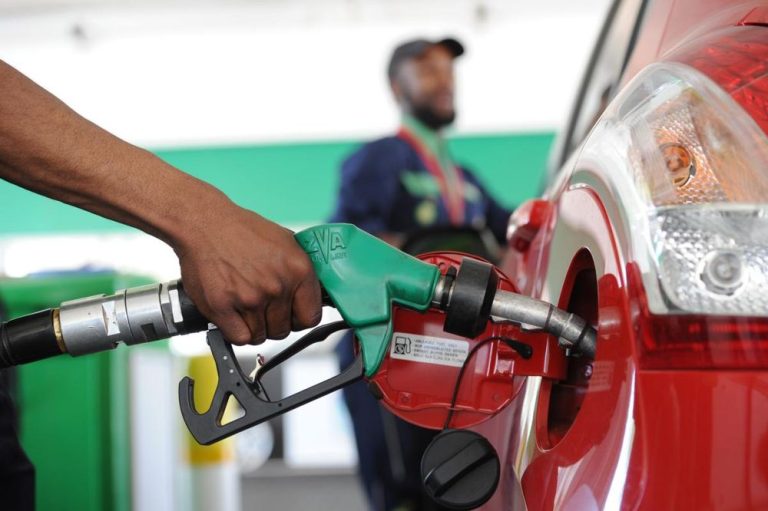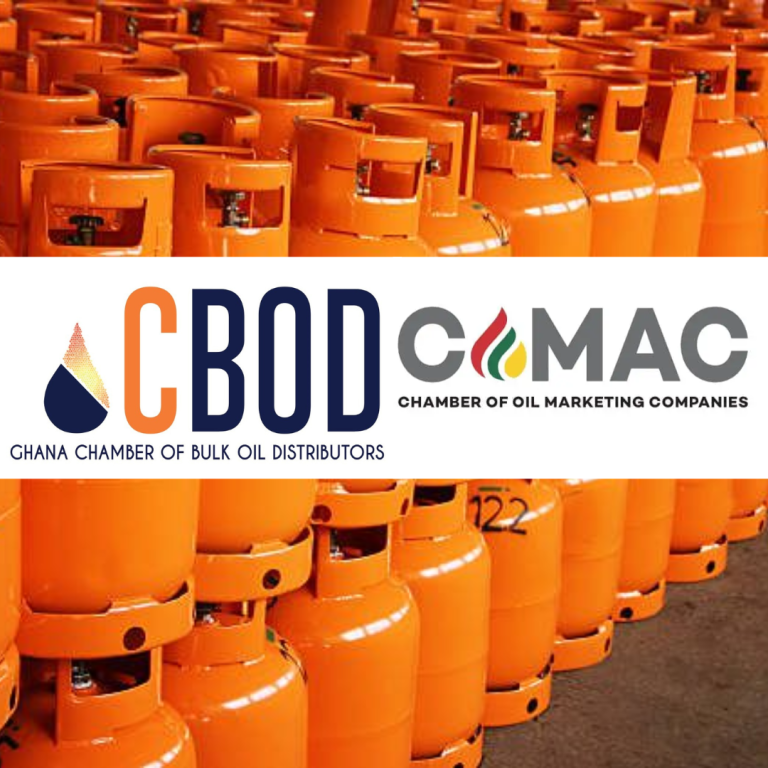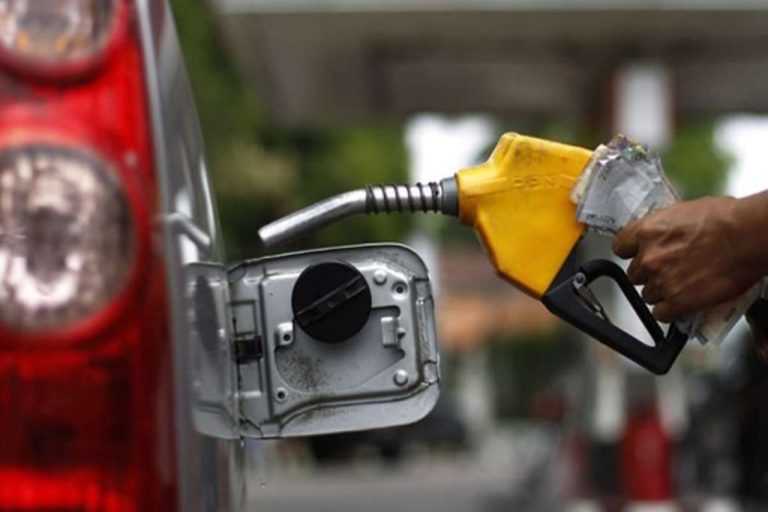The Vice-Chairman of the LPG Marketers Association of Ghana, Gabriel Kumi, has described as unfortunate the introduction of the Cylinder Recirculation Recovery Margin introduced by the National Petroleum Authority on liquified petroleum gas.
LPG operators have been asked by the NPA to start charging 13.5 pesewas on each kilogram of LPG.
According to the Petroleum Authority, the introduction of the Cylinder Recirculation Recovery Margin is to support stakeholders in the supply chain ahead of the implementation of the Cylinder Recirculation Model.
But Gabriel Kumi, lamenting the decision on Eyewitness News, said the price of LPG should have seen a reduction rather since the price of crude oil on the international market is on a decline.
“We see the move to introduce new levies on the product as very unfortunate and more unfortunate is the timing is the introduction of this levy. We are under lockdown. We believe this is the time we need to consume more LPG to cook in homes. This is the time charcoal and wood fuel which is the alternative to LPG are not able to come into Accra and Kumasi so we expect that the LPG will be made more affordable for the ordinary consumer to use in their daily chores but unfortunately, a tax has been introduced,” he argued.
“Consumers were expecting a very sharp decline. We have very discerning consumers who are monitoring the events on the international crude oil market. And our consumers are very much aware that crude oil is on the decline for some time now and they are expecting that when they come to the pump, they are expecting a very significant decrease in the price of LPG but unfortunately the introduction of this levy is not going to make it possible,” he added.
Cylinder Recirculation Model
President Nana Addo Dankwa Akufo-Addo, shortly after the Atomic Junction Gas explosion in 2017, directed the implementation of the Cylinder Recirculation Model.
This meant that gas cylinders will no longer be filled up at gas retail outlets, but cylinders will be bought from distributors already filled when they go empty.
But over the years, LPG operators and marketers have heightened calls for the government not to implement the model.
Apart from concerns over the loss of jobs, the LPG Operators Association has constantly complained that proper stakeholder consultations were not carried out as they were not engaged on the policy.
It is for this reason that they threatened to sue the government if it failed to reach a consensus with all stakeholders on the model in 2018.
They had also embarked on a strike as part of protests against the government’s decision to implement the policy.
Calls to scrap high taxes on LPG
The LPG Marketers Association of Ghana has on several occasions lamented the high cost of LPG and the negative impacts consumers have had to bear over the past years.
According to them, the only way the government will be able to achieve its target of doubling the consumption of LPG by 2030 is to scrap taxes on the product – an appeal they want the government to consider without delay.
The Association is convinced that such action will encourage more people to patronize the product and bring respite to “the masses”.
The government, however, has rejected the calls for a downward review in the taxes on Liquefied Petroleum Gas.
The Finance Minister, Ken Ofori-Atta, last year, said calls for a reduction or complete scrapping of the LPG taxes if heeded to, has the tendency to destabilize the economy.
—citinewsroom





